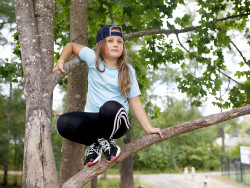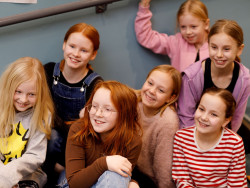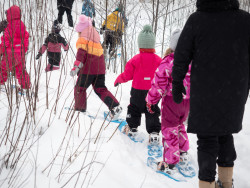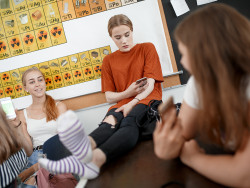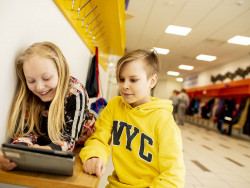Jälkkäri fees
Fees for the academic year 2024-2025
• If a child participates in Jälkkäri activities for more than 12 days per calendar month, the monthly fee is 150 euros.
• If the participants participate in the activities for a maximum of 12 days per calendar month, the fee is EUR 110 per month.
• The August operating fee is 110 euros for everyone.
The fee includes snacks, hobby clubs and accident insurance.
